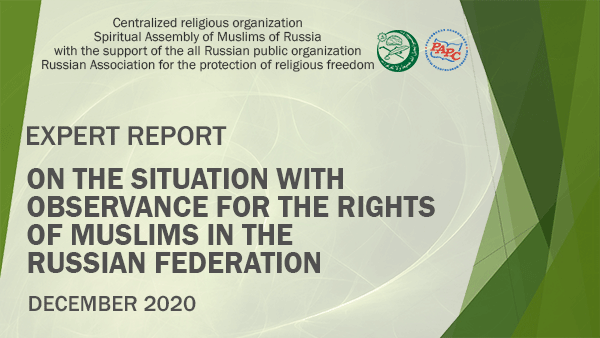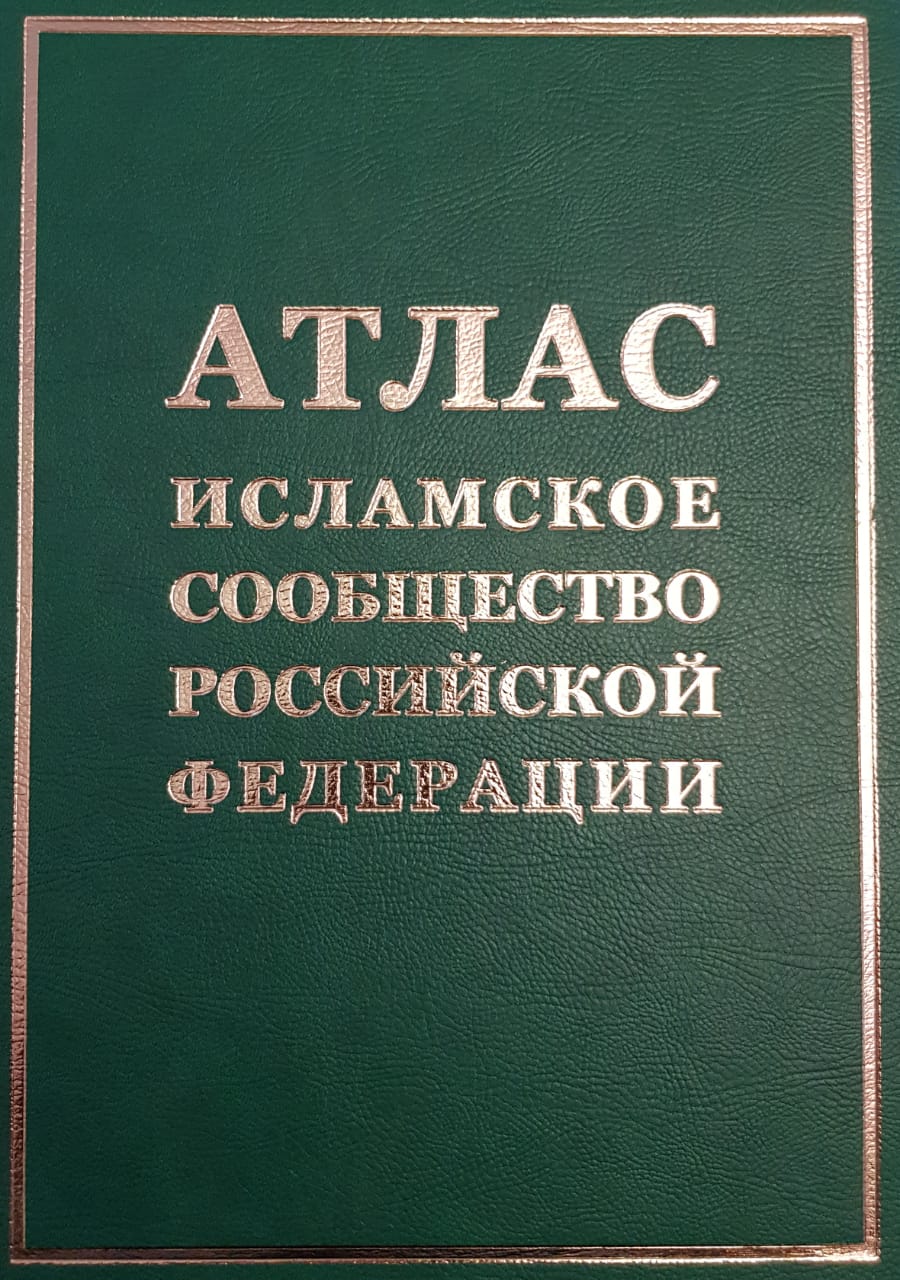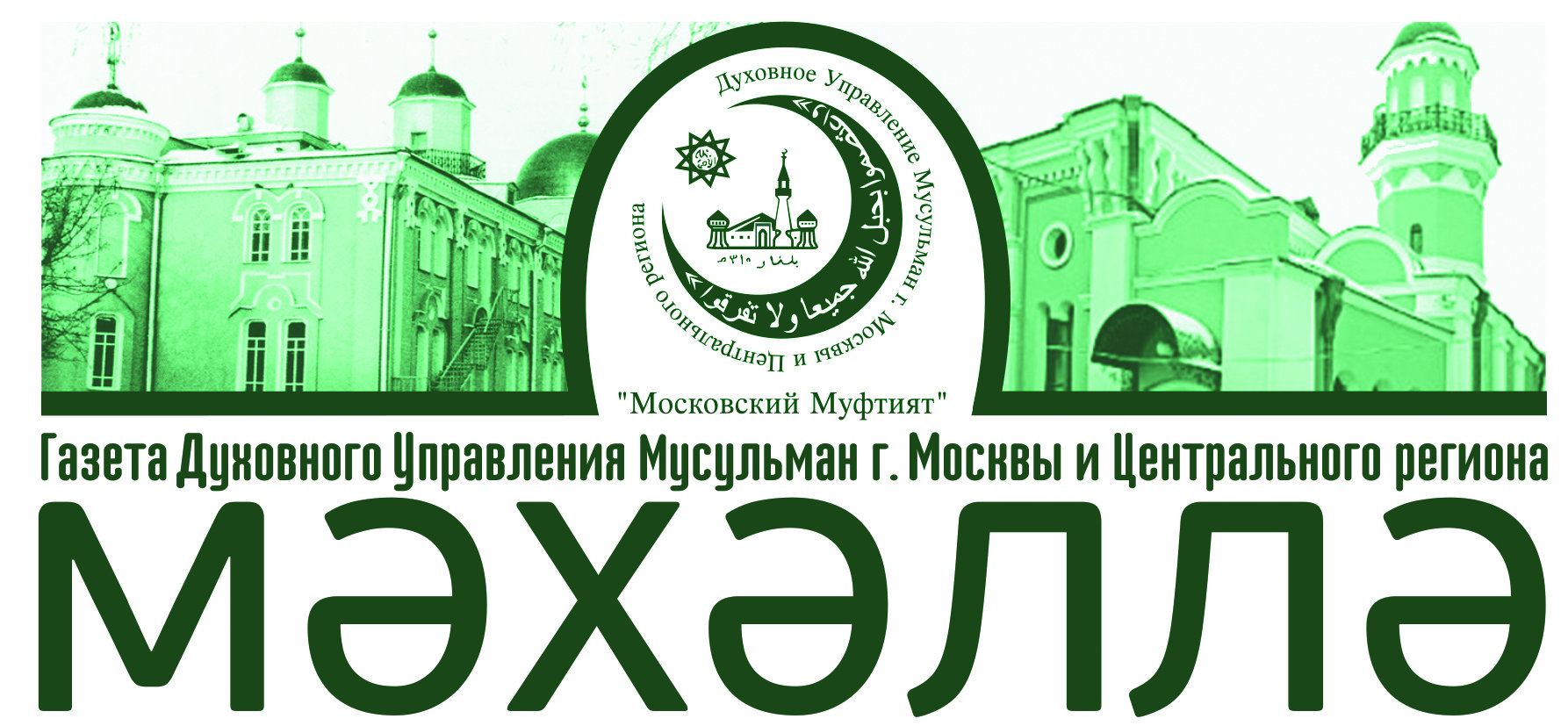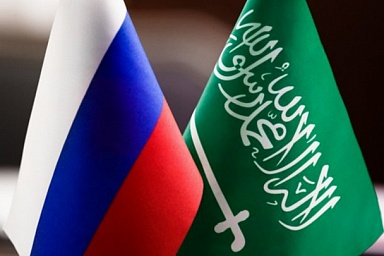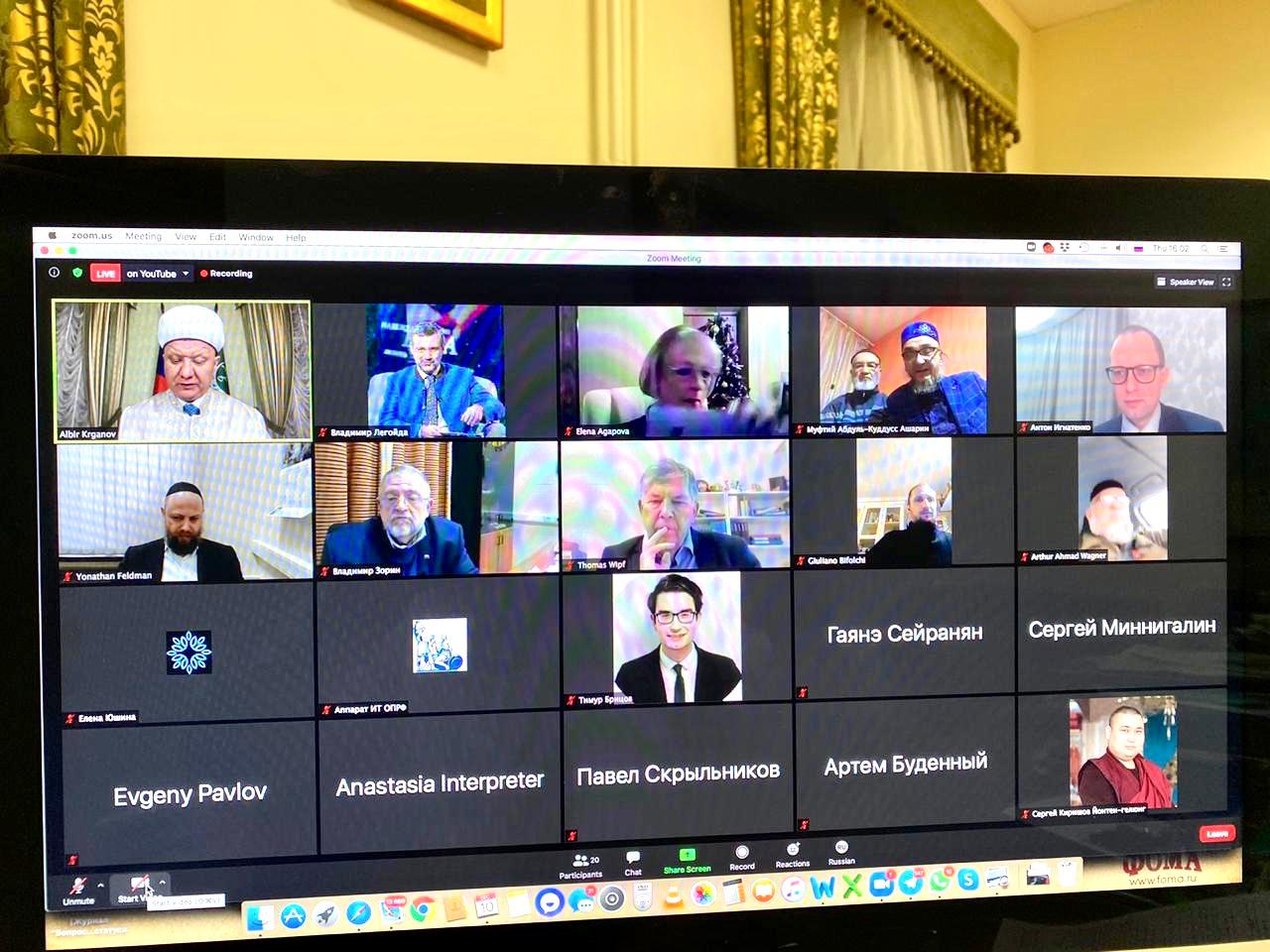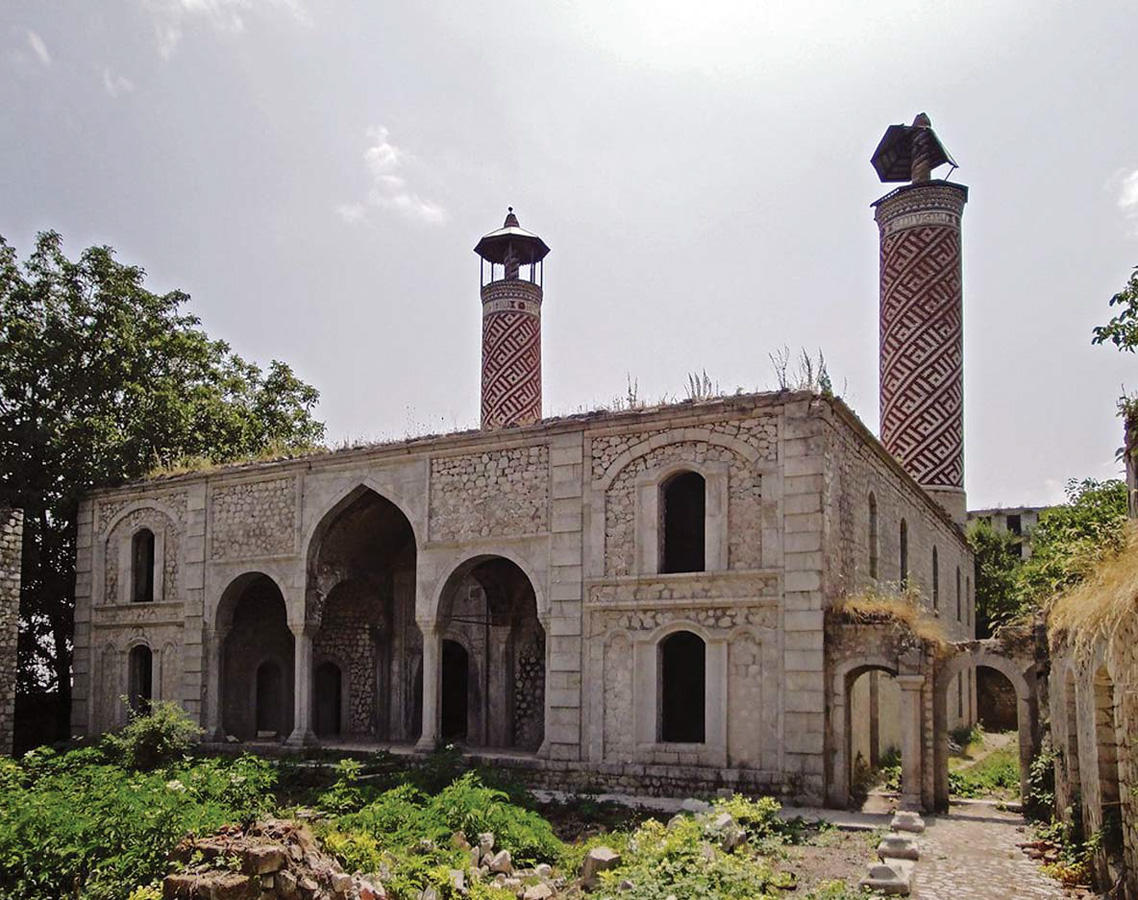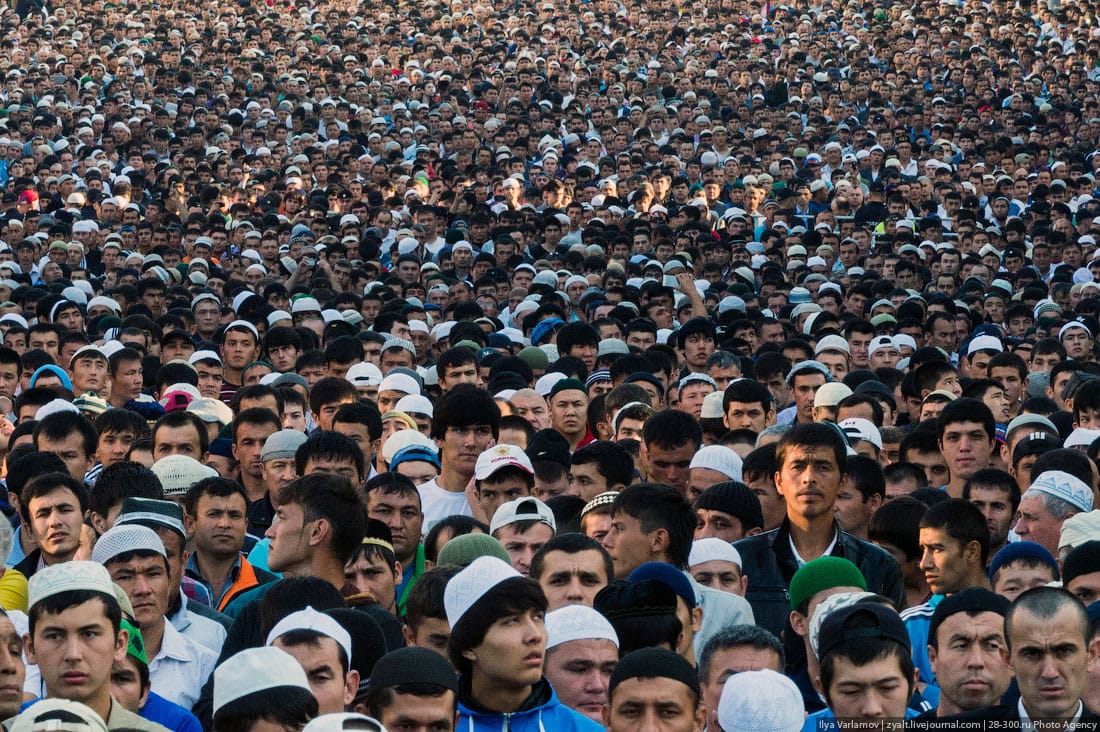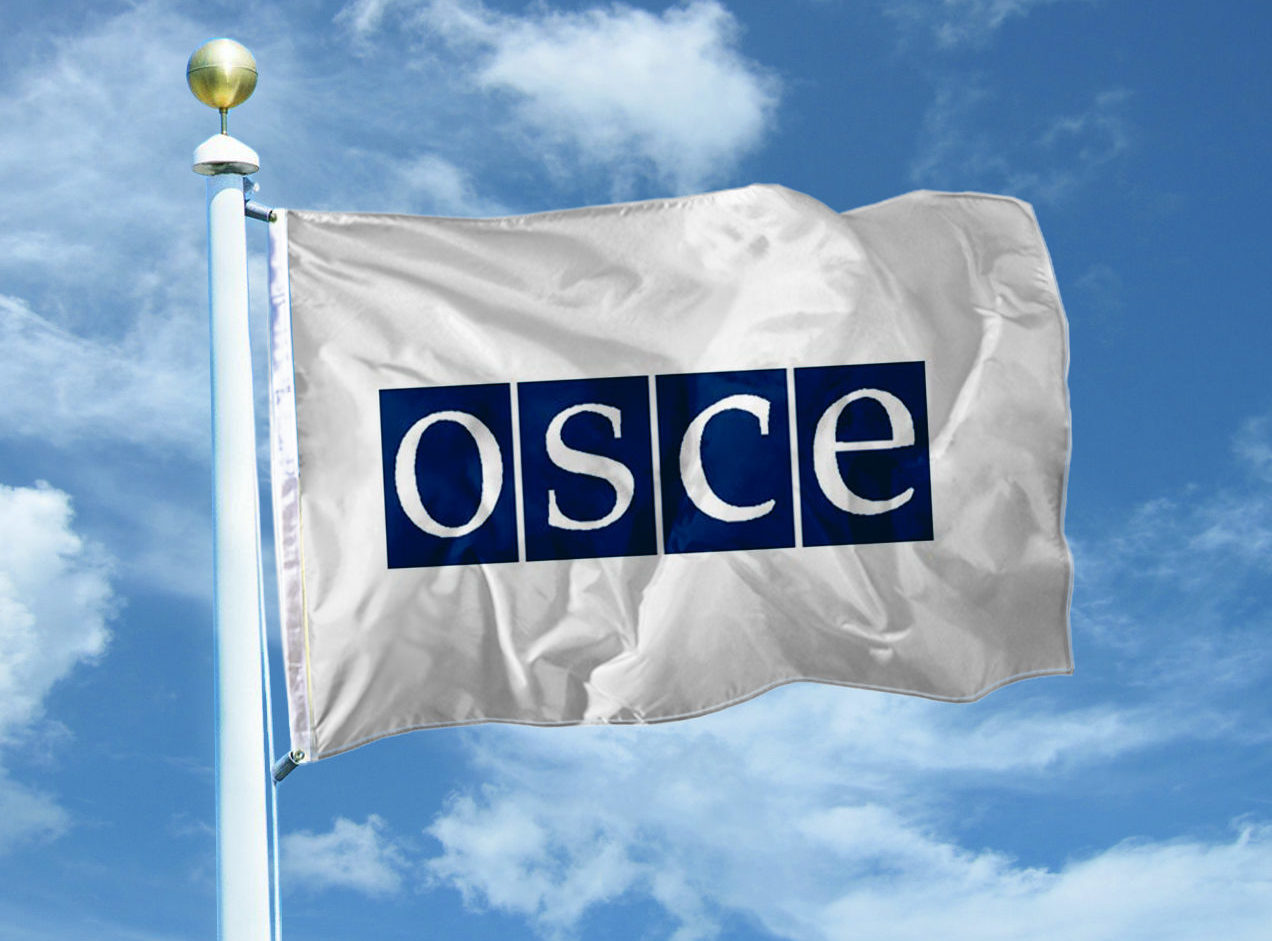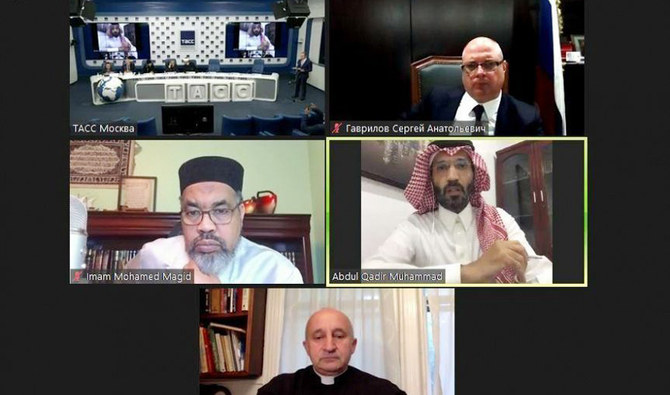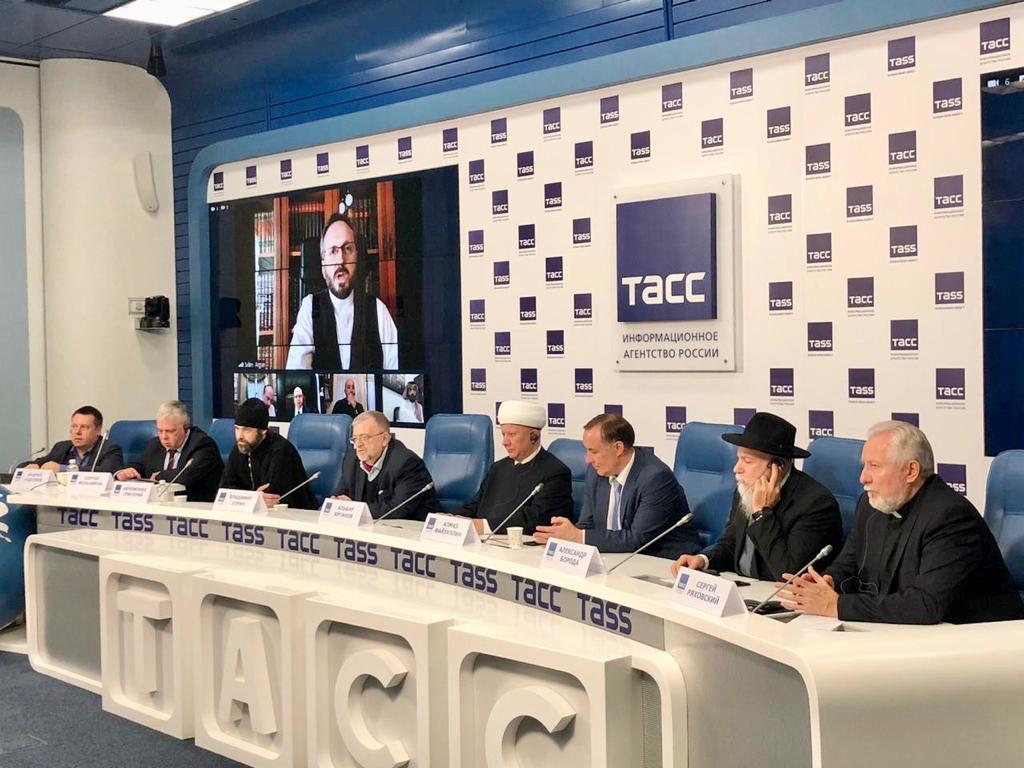December 18th
The Arabic language is a pillar of the cultural diversity of humanity. It is one of the most widely spoken languages in the world, used daily by more than 420 million people. World Arabic Language Day is celebrated every year on December 18th since 2012. This date coincides with the day in 1973 when the General Assembly of the United Nations adopted Arabic as the sixth official language of the Organization.
The native speakers of Arabic basically live in the region called the Arab world, as well as in many neighboring countries, including Turkey, Chad, Mali, Senegal, and Eritrea.
In the diversity of its forms, classic or dialectal, from oral expression to poetic calligraphy, the Arabic language has given rise to a fascinating aesthetic, in fields as varied as architecture, poetry, philosophy and song. It gives access to an incredible variety of identities and beliefs and its history reveals the richness of its links with other languages. Arabic has played a catalytic role in knowledge, promoting the dissemination of Greek and Roman sciences and philosophies to Renaissance Europe. It has enabled a dialogue of cultures along the silk roads, from the coast of India to the Horn of Africa.
The Arabic language is extremely important for Muslims all over the world as the language of the fundamental sources of Islamic law: the Holy Quran and the prophetic Hadith. It is widely acknowledged that not a single worship in Islam can be performed without knowing single surahs or ayahs from the Holy Quran. Arabic is also one of the main ritual languages for many Christians living in Arab states.
Today, Arabic is the language of politics, science and literature. The direct or indirect influence of the Arabic language can be traced in many other languages of the Islamic world, such as Turkish, Persian, Kurdish, Urdu, Malaysian, Indonesian, and Albanian, as well as in several African languages such as Hausa and Swahili, and European ones, in particular in Spanish, Portuguese, Maltese and Sicilian.
The celebration World Arabic Language Day usually takes the form of music concerts, literary readings, competitions, cultural events, lectures, art exhibitions, performances and exhibitions of folk art.
December 17th
Russian President Vladimir Putin commented on the publishing of the cartoons of the Prophet Muhammad which caused the outbreak of the crisis between France and the Arab and Islamic world, stating that it is not permitted to insult the feelings of believers.
"Where another person's freedom begins, your freedom ends. This is a postulate, a common one, and those who act thoughtlessly, insulting the rights of believers, their feelings, they should always remember that this will have some kind of backlash," the head of state said on Thursday at his annual big press conference. "On the other hand, this backlash should not be aggressive", noticed Vladimir Putin.
The president reminded that there was no hint of aggression in all world religions. He emphasized that the reaction to the trampling of someone's rights, including the feelings of believers, should not be aimed at the deprivation of human life, because this, in principle, contradicts the very spirit of any world religion. "God gave life and only God can take it away. That is what no one should forget", Putin added.
The crisis mentioned above started after the Frenchmagazine "Charlie Hebdo" published a series of cartoons of the Prophet Muhammad that was considered to be an attempt to insult the feelings of Muslims all over the world, especially after the France government justified this action as protecting freedom of expression and allowed to publish these cartoons on a large scale. Afterwards a young Muslim killed a French teacher who demonstrated them during the lesson on free speech given in one school in Paris suburb.
In this context the Islamic world started a large campaign aimed at the boycott of French commodities and products, in order to express its anger with the policy of Paris, although the French government refused to apologize on the issue of publishing the offensive cartoons.
December 10, 2020
Since the beginning of the year, Russian exports of agricultural products to Saudi Arabia have doubled - almost 3 million tons of agricultural products and food worth $ 637 million have been shipped to the Kingdom.
Saudi Arabia is considered to be the largest importer of Russian barley as its supplies have increased to $ 484 million this year, which is 2.3 times more than in the same period last year. The export of confectionery products also showed positive dynamics and increased by 19%. In addition, the export of domestic beef increased from 325 thousand dollars in 2019 to 14.6 million dollars in 2020.
A significant step for the development of export supplies was the decision of the Saudi Grains Organization (SAGO) to ease the requirements for wheat imported from Russia. For the last several years the Russian Federation has been working in this direction, including negotiations at the level of the heads of the agriculture departments of the two countries. Since the start of shipments in April, Saudi Arabia has purchased over 180,000 tons of Russian wheat worth $ 39.3 million. In addition, this year
Russia started exporting coffee extract, sorghum, and chicken eggs to the Kingdom.
The most promising areas for further cooperation between the countries is the export of grain and leguminous crops, poultry, mutton, beef and confectionery.
December 10th
On December 10th, 2020, the Commission for the Harmonisation of Interethnic and Interreligious Relations of the Civic Chamber of the Russian Federation in conjunction with the Spiritual Assembly of Muslims of Russia organised the online conference “Modeling interethnic and interreligious relations in a secular state” attended by representatives of the scientific and expert community, members of the Public chamber of the Russian Federation, religious and public figures from Russia, the United States, the United Arab Emirates, Italy, Czech Republic, Europe, and Asia.
The mufti Albir R. Krganov, chairman of the Spiritual Assembly of Muslims of Russia, deputy head of the Commission on Harmonisation of Interethnic and Interreligious Relations of the Civic Chamber of the Russian Federation and head of the Working Group on Counteraction to Pseudoreligious Extremism of the Counterterrorism Coordination Council, chaired the conference attended by:
• Alexander Yakovlevich Shkolnik, Deputy Secretary of the Public chamber of the Russian Federation, Director of The Central Museum of the great Patriotic war of 1941-1945;
• Vladimir Yuryevich Zorin, Chairman Of the Commission on harmonization of interethnic and interreligious relations, addressed the conference participants with greetings;
• Thomas Wipf, President of the European Council of religious leaders – Religions for Peace;
• Mohamed Abbas Almutazim, President of the Union of Muslims of the Czech Republic;
• Dr Mohammed Al-Bishari, Secretary-General of the World Council of Muslim Communities (WCC);
• Imam Mohammad Bashar Arafat, President of the Council for Islamic Affairs, Maryland (USA), Founder of the Foundation for the Exchange of Civilizations and Cooperation;
• Giuliano Bifolchi, director of ASRIE Analytica, OSINT analyst, and academic researcher on Islam, security, and counter-terrorism
• Ahmad (Arthur) Wagner, Chairman of the IDEL Analytical centre in Berlin;
• Vladimir Romanovich Legoida, Chairman of the Synodal Department of the Russian Orthodox Church for relations between the Church and society and the media;
• Elena Aleksandrovna Agapova, Deputy Chairman of the Imperial Orthodox Palestinian society;
• Jonathan Feldman, Head of religious programs of the Federation of Jewish communities of Russia;
• Sergey Kirishov, Member of the Public chamber of the Republic of Kalmykia, Vice-President of the Kalmyk Buddhist Association;
• Oleg Goncharov, First Deputy Chairman of the Euro-Asian division of the General conference of the Adventist Christian Church;
• Anton Ignatenko, Director Of the Institute of religion and politics;
• Sergey Ryakhovsky, Chairman of the Pentecostal Russian United Union of Evangelical Christians, member of The Commission on harmonization of interethnic and interreligious relations;
• Abdul-Kuddus Asharin, Chairman of the Spiritual administration of Muslims of the Sverdlovsk region.
The conference was devoted to the problems of growing inter-ethnic and inter-religious tensions in the world in the light of recent terrorist attacks in European countries, studying international experience in coordinating the interaction of the state with religious and ethnic organizations, civil society institutions in order to counter the spread of terrorism and extremism.
The participants stressed their interests and experience in moderating interreligious and interethnic relations in their countries and they agreed that in the contemporary era is difficult to ensure a balance of interests of representatives of different peoples and religions, but this is a necessary condition for the prosperity of modern secular states. In fact, many countries today are facing the problem of religious extremism on national and religious grounds.
In conclusion, mufti Albir R. Krganov pointed out that the international community and all the people in general must not respond to these terrible provocations and all together we should find the strength to stop it. "Emotional and politicized decisions can lead to huge mistakes and more serious problems, which, perhaps, the organizers of these terrorist attacks expect”, said Albir Hazrat Krganov.
https://dsmr.ru/en/?start=80#sigProIdb2d6ae38b4
December 4th
Spokesperson of Russian Foreign Ministry Maria Zakharova stated at a briefing last Thursday that Russia hopes that UNESCO experts will soon arrive in Nagorno-Karabakh region to assess the preservation of Christian and Muslim holy places.
"We hope that the mission that was prepared in cooperation with the Armenian and Azerbaijani sides in conjunction with several international NGOs , partners of UNESCO in the field of protection and protection of monuments, will soon be able to arrive in the region and give an adequate assessment of the situation," said Zakharova.
The spokesperson also stressed that Moscow supports the intention of UNESCO Director-General Audrey Azoulay to send the experts to Nagorno-Karabakh which was confirmed during a telephone conversation with Russian Foreign Minister Sergey Lavrov on November 20th . According to Zakharova, UNESCO experts will be able to give "answers to all the questions on anything that concerns the safety and condition of Christian and Muslim sacred places in the region."
During the conversation Lavrov and Azoulay paid special attention to the possibilities of using the potential of UNESCO to assist in resolving the humanitarian crisis in the zone of the Nagorno-Karabakh conflict, in particular in the field of protection of cultural and religious sites affected by hostilities and acts of vandalism, as well as educational system restoration in the region.
Source:TASS
Opening access to the portal of GOSUSLUGI and the introduction of ID-cards for migrants would avoid corruption registration schemes, said the head of the Spiritual Assembly of Muslims of Russia (SAMR), Mufti Albir khazrat Krganov.
The Holy See’s Permanent Representative to the Organization for Security and Cooperation in Europe (OSCE) made observations on freedom of religion or belief in the member nations during a conference on freedom of religion or belief, held in Vienna, November 9-10.
On November 9-10, 2020, an online meeting of the Organization for Security and Cooperation in Europe was held on the observance of freedom of conscience and religion. Mufti, Chairman of the Spiritual Administration of Muslims of St. Petersburg and the North-Western Region of Russia, Sheikh Ravil khazrat Pancheev spoke at the meeting.
In his speech to representatives from the countries of the Organization for Security and Cooperation in Europe, as well as to other honorary participants of the conference, Mufti Sheikh Ravil khazrat Pancheev conveyed greetings from the Muslims of St. Petersburg and the North-West region of Russia, the Muslims of the Russian Federation and noted a special the contribution of religious organizations to the harmonization and strengthening of interfaith and interethnic relations in Russia.
Mufti Sheikh Ravil khazrat Pancheev stressed that the Russian model of multiculturalism plays an important and positive role in preserving national interests. “One of the elements of multiculturalism is tolerance, the goal of which is the peaceful coexistence of cultures,” said Mufti khazrat.
RIYADH: The Union of News Agencies (UNA) of the Organization of Islamic Cooperation (OIC) participated in a virtual conference organized by the Spiritual Assembly of Muslims of Russia (SAMR) and the Russian news agency TASS.
“Religion in a Changing World: The Role of Education in Raising the Youth” was attended by Sheikh Albir Karganov, mufti of Moscow, head of SAMR, and member of the Public Chamber of the Russian Federation. In a speech on behalf of Acting UNA Director-General Ahmed bin Abdullah Al-Qarni, UNA Production Director Abdul Qader Al-Zahrani said that the conference was of great importance because it “promotes coexistence, tolerance, and convergence among all of humanity.”
On September 24, an international scientific and practical conference on "Religion in a changing world" was held in a video conference at the TASS Press center in Moscow. The role of education in youth education". This event was a major and important international event that brought together representatives of more than 20 countries at the same time on its online platform.
The event included a plenary session, as well as 3 sections on the following topics: "The world of the future: religion, science, youth"; "education in the context of a pandemic: effective responses to the challenges and threats of our time"; "Youth and religion: new perspectives".
The Main organizer of the forum was the Spiritual assembly of muslims of Russia, headed by the head of the Spiritual assembly of muslims of Russia, member of The public chamber of the Russian Federation Albir Krganov. The forum was held with the support of the Imperial Orthodox Palestinian Society, MSLU and the Foundation for support of Islamic culture, science and education. The conference was also co-organized by the Commission of The public chamber of the Russian Federation on the harmonization of interethnic and interreligious relations.
The organizers and participants of the forum received greetings from his Holiness Patriarch Kirill of Moscow and all Russia, Deputy Chairman of the security Council of the Russian Federation Dmitry Medvedev, Chairman of The Imperial Orthodox Palestinian society Sergey Stepashin, and other prominent public and political figures. Speaking at the opening of the international forum, ISESCO Secretary General Salem bin Mohammad al-Maliki conveyed the greetings of His Highness King Mohammed IV of Morocco to the organizers and participants of the conference
More than 80 leading experts in the field of education and spiritual culture of the regions of the Russian Federation, CIS, Middle East, Europe, Asia, Africa and America discussed the impact of religious factors and religious education in international relations, assessed the inter-religious dialogue and peace as the greatest social and religious values, researched the tradition, ways of and experience strengthening regional stability, harmonization of interethnic and interreligious relations in the world community.
The forum participants noted the relevance of these topics, stressed the need to combine efforts to rally the world community and strengthen cooperation between countries.In the context of the continuing devaluation of moral values, the participants noted that special attention should be paid to the organization of systematic work with young people, the creation of platforms for discussing acute modern problems. The patriotic education of young people must be brought to the fore in religious and secular education.
One of the key topics of the discussion was the ethics of scientists. Numerous studies confirm that this issue is of concern to the world community, as high-tech developments increasingly intersect with people's private lives, which creates grounds for accusations of the scientific community of "violation of human rights".
The participants agreed that in the face of common threats, an aggressive policy towards each other is unacceptable. On the contrary, it is necessary to carry out joint humanitarian and educational work, establish contacts in the area of social and religious diplomacy, and try to remove artificial restrictions.
Many speakers drew attention to the fact that Russia has always opposed and continues to oppose aggression, extremism and violence on ethnic and religious grounds, as well as all kinds of "concepts of exclusivity." Today, as never before, the search for ways of peaceful coexistence of states, peoples, religions and cultures, the practice of preventing conflicts is important.
The participants of the Conference emphasized that the preservation of peace and stability is possible only by combining the efforts of representatives of all religions, nations, governments, international and public institutions, and overcoming modern challenges and threats is directly related to the strengthening of cultural, civilizational and interreligious dialogue.
https://dsmr.ru/en/?start=80#sigProId37f2675f7c

